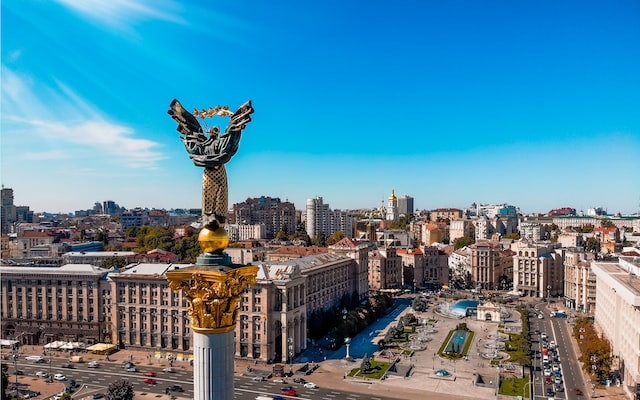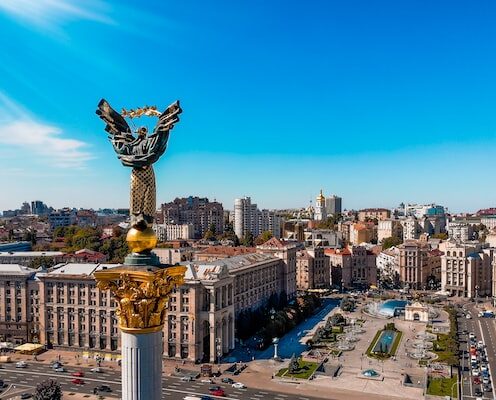The Ukraine crisis has plunged the global economy into chaos. Effects include slower growth rates, higher prices, and an uptick in remittances and refugee flows.
In November 2013, President Yanukovych suspended talks with the EU in favor of strengthening ties with Russia. This conflict sparked some of the largest demonstrations in Ukraine since the Orange Revolution.
Protests
As Russia continues its invasion of Ukraine, more than one million people from six continents have joined a global protest movement to oppose their aggression. They’ve marched in streets, stood in city squares and gathered near embassies around the world in support of Ukraine and opposition to war.
Political parties and non-profit organisations from 93 countries organised these rallies. Size of participants ranged from small groups to massive protests, yet most were peaceful (i.e., no violence nor destructive activity took place).
In Germany, several hundred supporters of the anti-fascist Alternative for Germany party (AfD) attended a ‘Ukraine Stands with Germany’ demonstration. Sahra Wagenknecht from the ex-communist Left party said there would be no space for neo-Nazis at the gathering but that anyone seeking peace “with an honest heart” was welcome to attend.
War
One year after Russia’s full-scale invasion of Ukraine, the conflict continues unabated. With tens of thousands dead and an unprecedented refugee crisis unfolding, countries around the world are feeling its effects in numerous ways.
Putin’s autocratic decision to invade Ukraine ignited the largest armed conflict in Europe since World War II and caused an unprecedented energy price shock that is straining global economics. According to World Food Program Chief Economist Jean-Jacques Roubini, this crisis will worsen food insecurity by forcing emerging and developing countries to import even more energy for survival, thus increasing energy bills even further.
The Ukrainian government has mounted a fierce defense of its country against Russian invaders, but their bombing and shelling have devastated cities and increased civilian casualties daily. This conflict has created an enormous refugee crisis and drawn international condemnation of Russia’s human rights violations.
Humanitarian Needs
Due to the ongoing conflict in Ukraine, millions of people are without food, water and essential household items – leaving them desperately in need of life-saving humanitarian assistance. Across Ukraine, Red Cross teams are providing crucial help for families in crisis by offering emergency and winterised shelter.
In addition to basic necessities like food, water and shelter, displaced persons also face protection challenges related to armed violence, shelling, family separation, mines, eviction or human trafficking. Women and girls in particular are especially at risk.
The EU is providing emergency humanitarian support to people across a range of sectors, from cash and vouchers to healthcare and psychosocial assistance. Furthermore, it’s coordinating medical evacuations from Ukraine-impacted areas to Europe through the EU Medevac Hub in Rzeszow, Poland.
Refugees
Since Russia invaded Ukraine in February, millions have fled, creating Europe’s biggest refugee crisis in decades. To help ease their transition, the European Union has pledged its support for refugees and is providing them with assistance as they settle in 27 member states across Ukraine.
No definitive statistics exist on how many Ukrainians have returned to their home country, but a recent survey indicates that nearly 83 percent intend to return one day. Most plan to visit family members or their homes.
However, an estimated number of Ukrainians have been forcibly transferred to Russia from areas controlled by pro-Russian separatist forces. When trying to return home, these people often face various difficulties; their documents have been confiscated or they cannot travel with their families; in some cases they’ve even been made to sign documents renouncing Ukraine – meaning they may not even have the legal right to return despite their desire.

